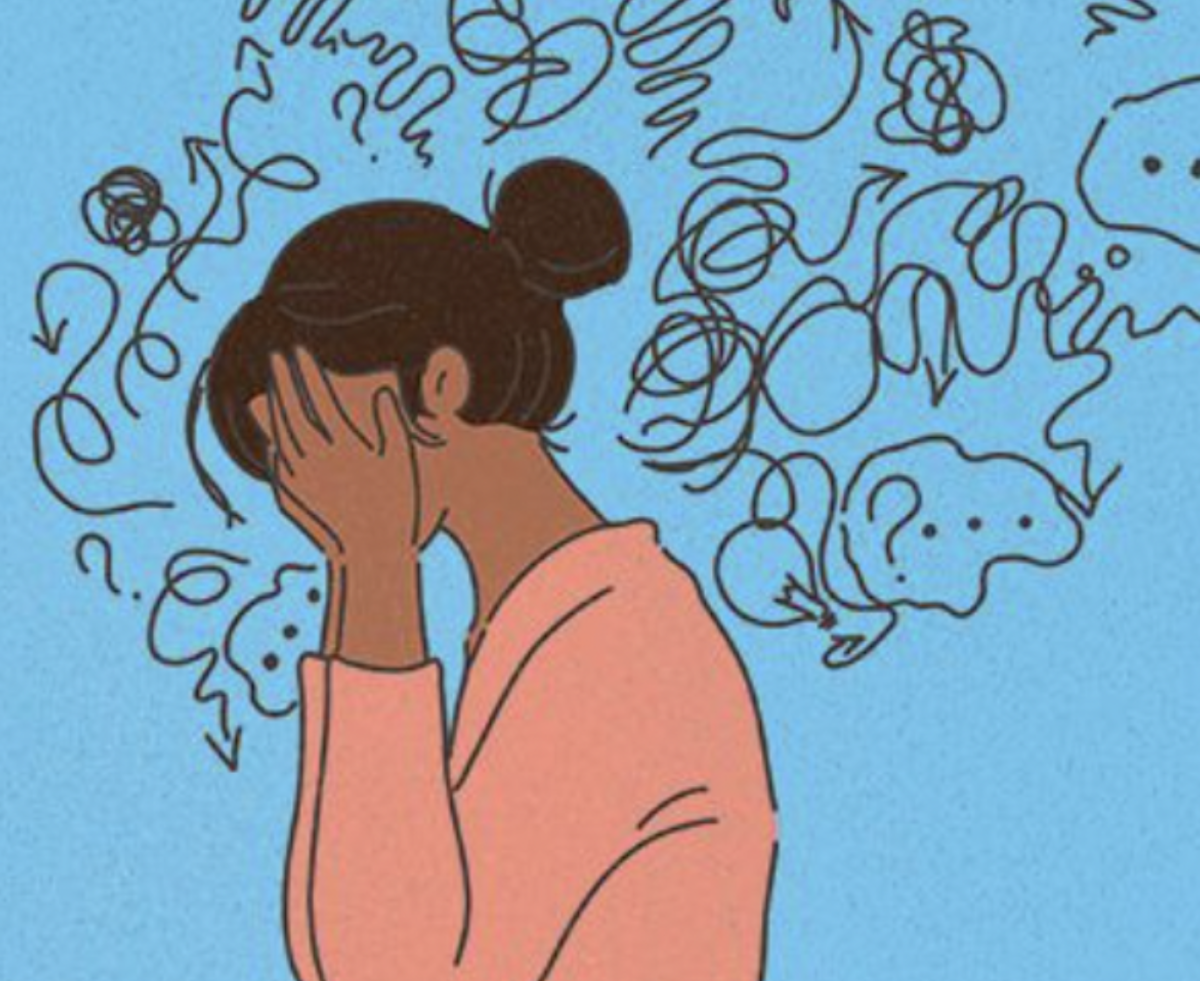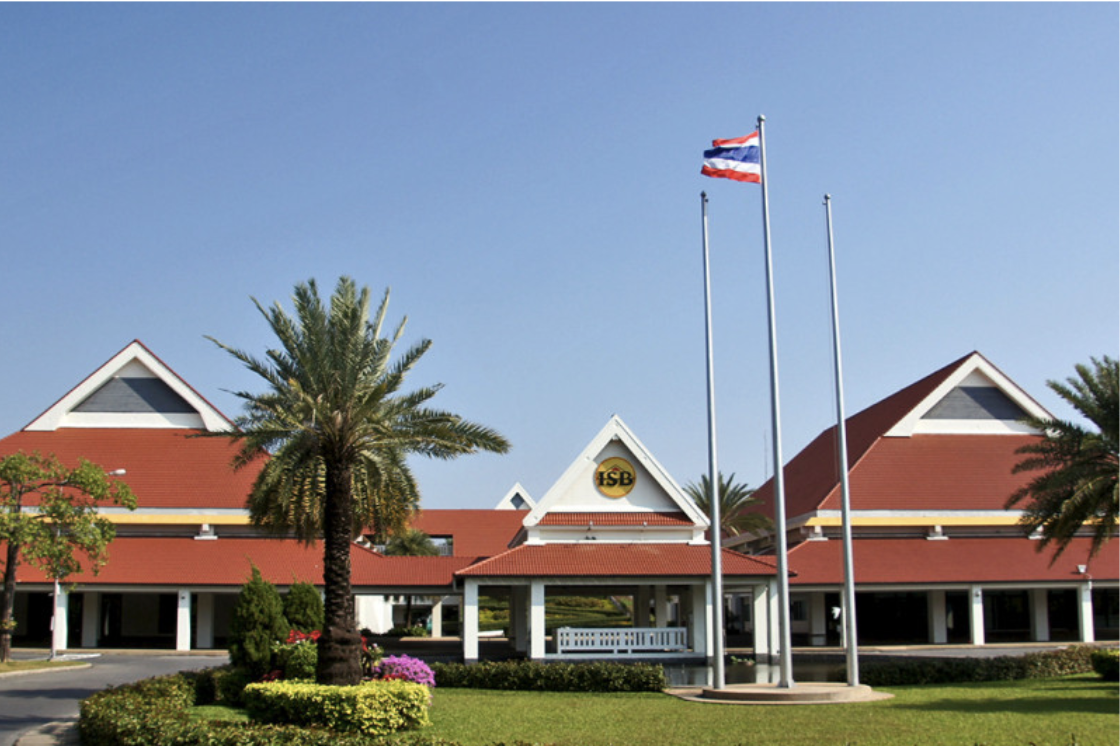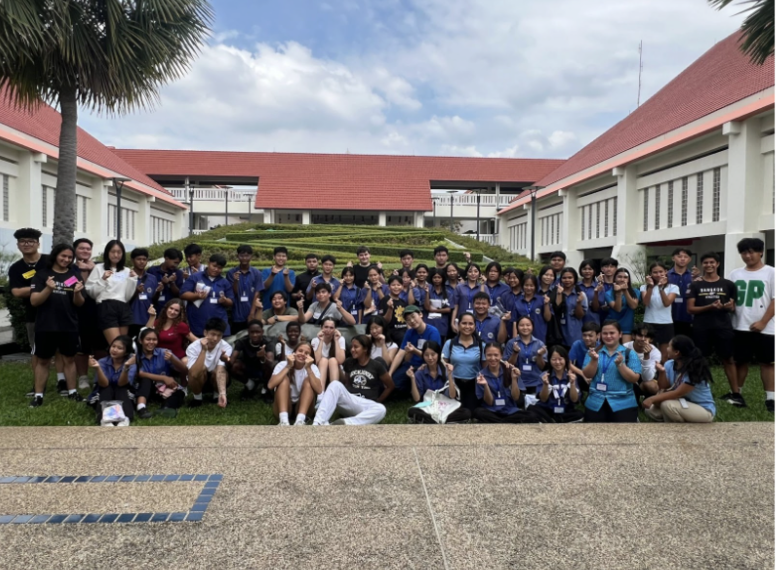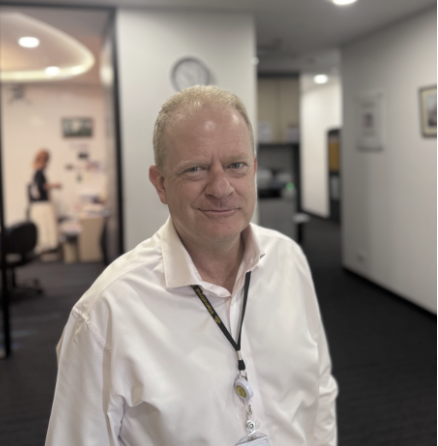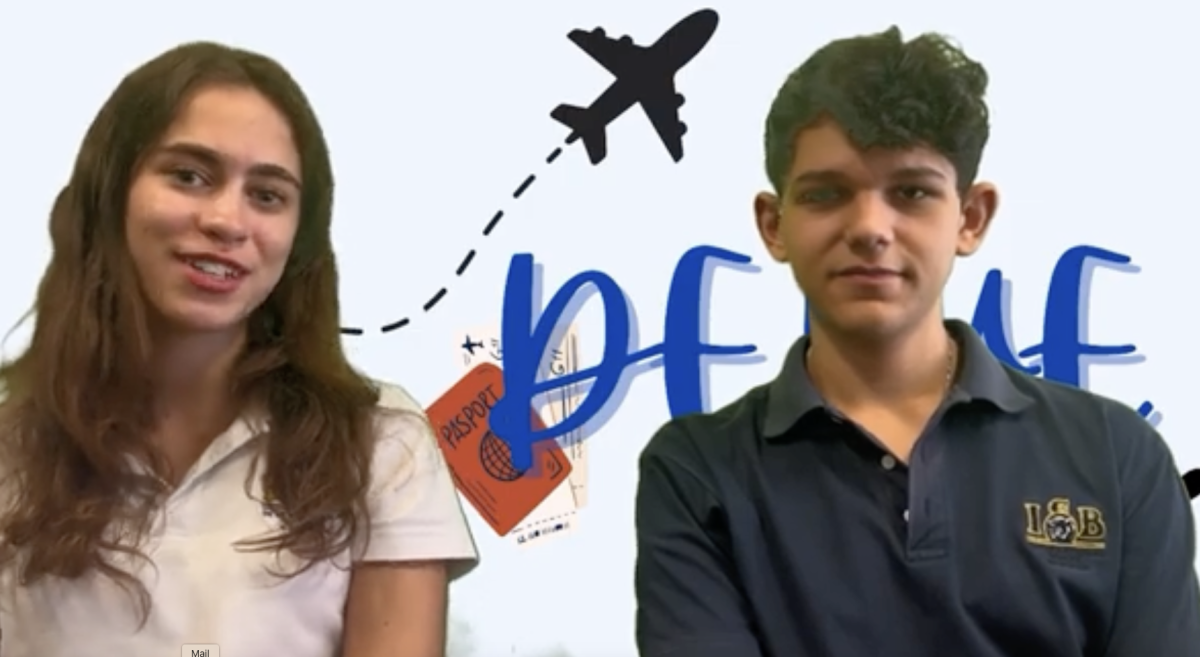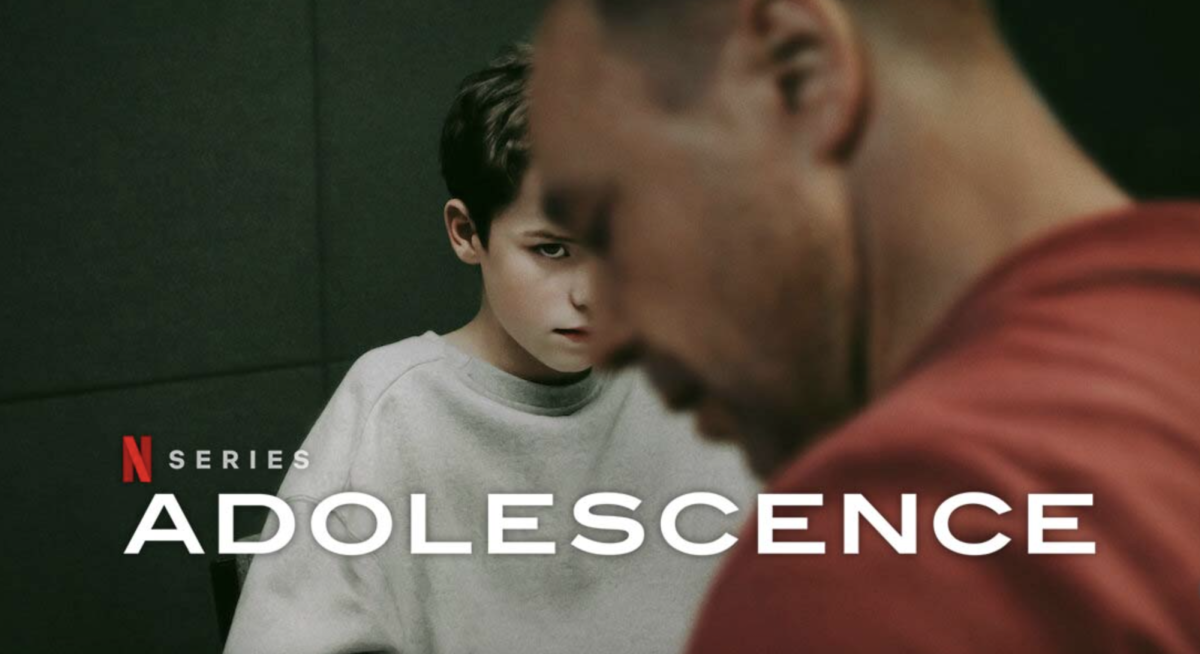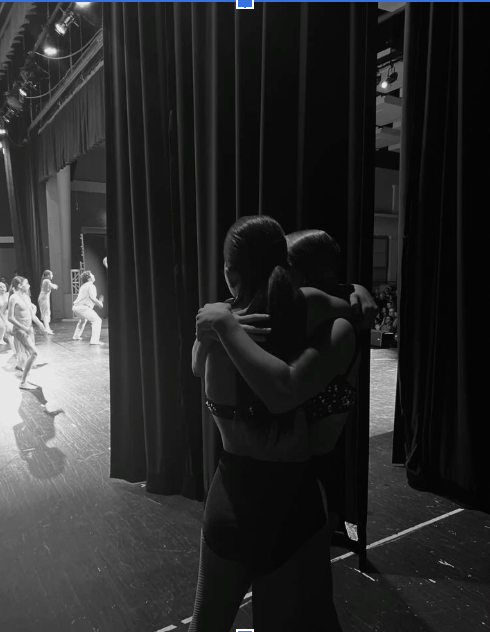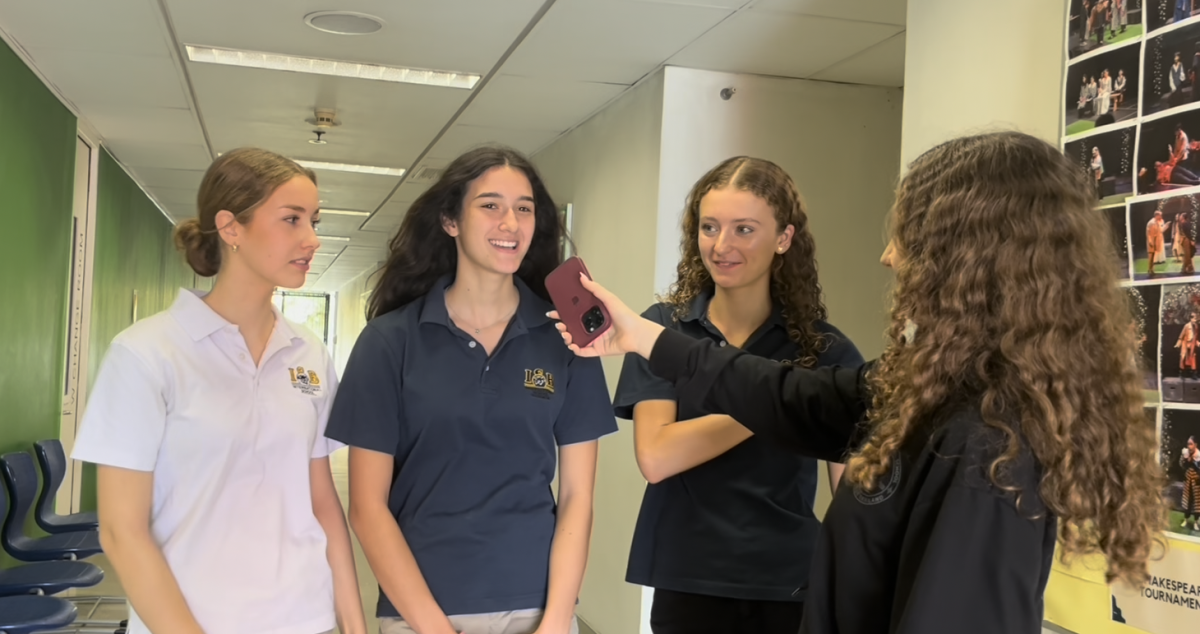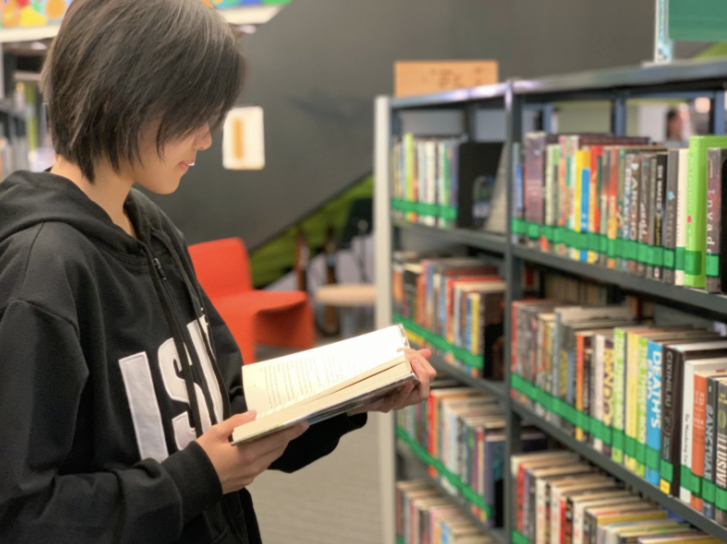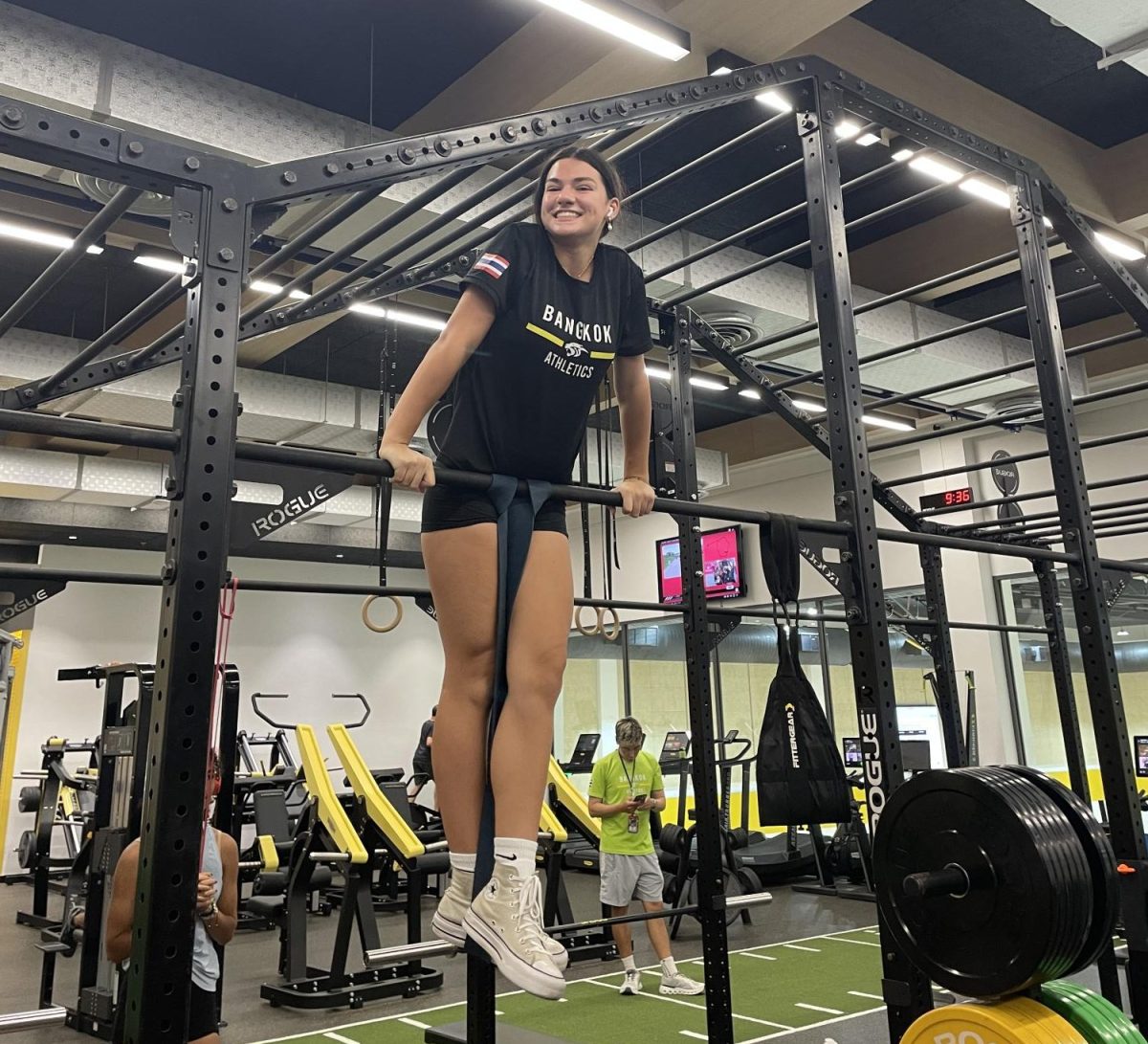credit: image via Bestfornutrition.com
My World Studies class was let out early one day, by a good 40 minutes. Good, right? Turns out we couldn’t leave campus. There was a university fair hosted at the main gym, with colleges coming from England, the USA, Canada, etc. As a sophomore in high school, it was very stressful to see upperclassmen go around to each booth for information. That’s when it hit me … two more years, and I have to go to college. Everything seemed to be happening so fast. Trying to blend in with the crowd, I followed everyone else and stumbled upon booths offering general information about the school. The question “What’s your major?” was frequently asked, and I couldn’t muster a response. Because honestly, I don’t know. This question stuck with me throughout the whole day, and it’s still something I can’t stop thinking about. Am I supposed to know my major? College is so soon.
High school is a time when students are supposed to explore what they like and what they enjoy. But what if four years is not enough for some people? My biggest fear is deciding on a major I am interested in, but then soon regretting it. Should I be deciding what I will be doing for the rest of my life, as a 15-18 year old? The thought that “my future depends on now” is a lot to process as a teenager.
Studies from the Anxiety & Depression Association of America have shown that the fear of the future — or the worry of being unsuccessful — is known as “anticipatory anxiety.” Researchers think of it as a third layer of fear. First is being afraid of something (“I am afraid I don’t know what I want to do in the future.”) Second is being afraid of being afraid (“If I don’t decide what I’m interested in, I’m afraid of not having a quality life in the future.”) Finally, there is the third level of fear, which means the fear has an emotional and mental impact (“I am miserable and I don’t want to go to school, because If I don’t decide what I’m interested in, I’m afraid of not having a quality life in the future.”)
These worries often result in procrastination. I find myself studying for hours and hours to do well on a test, thinking the purpose was is to achieve high grades so I can get into a good university. This leads me to thinking less about the thought and effort put into the subject and more about “college” for one piece of work. It means less time for other things I love. I find myself procrastinating work and projects, and doing them the night before they’re due, which just creates a high level of stress. Then I get angry with myself for procrastinating, which creates a negative loop in my brain. Because of procrastination, I end up doing less well than I otherwise could or even fail to complete assignments. The thought of not getting into a good university haunts me every time I get a test back.
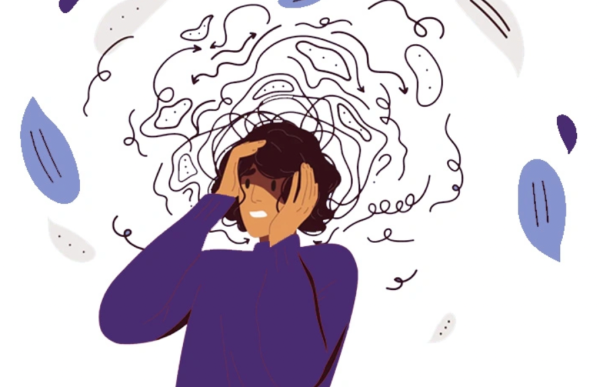
credit: Depressionals.com
This is how anticipatory anxiety affected my ability to learn. For me, the cycle repeated itself for the whole of freshman year. It resulted in a lack of confidence, doubting myself, unhealthy study habits, comparing myself to others, and not wanting to learn in general. I thought to myself, “What’s the point of trying for college, when I have already messed it up?” I found myself in a deep slump, feeling empty everyday, not even wanting to open my laptop for school.
“Anticipatory anxiety can also elicit cognitive responses, such as avoidance and negative self-talk, contributing to decreased performance,” according to researchers who tracked the GPAs of six high school students, three of whom suffered from anticipatory anxiety throughout their high school tenures. Results showed that two of the three with anticipatory anxiety were dissatisfied with their university options while the students without anticipatory anxiety were satisfied with the outcome of their college application process.
ISB psychologist Ryan Ruhl says that the best way to truly cope with anticipatory anxiety can be “different for everyone.” For one person, reducing anxiety might be helped by walking around the lake or doing yoga. Someone else might cope by listening to music, hanging out with friends or making new connections.
During the summer after my freshman year, I made new connections and hobbies without worrying about college and school. This made me realize how much happiness I was lacking when in school and not being able to enjoy the things and people I love because of fear of the future. I was enrolled in an online tutoring program over the summer, in which I would have lessons once a week. I was learning simple subjects like math and science, but instead of having a big test at the end of the course, we were graded on the notes and ideas we were taking across the whole course. Looking over my notes, I realized how much time and effort I put into the lessons and the ideas I generated along the way. This made me realize how much better I work when my purpose is actually learning.
Planning for the future and making goals is normal, but it should not be debilitating. CNN Health suggests doing things you enjoy and spending time with people you enjoy. For me, having a break from school and connecting with people around me made me realize how unhealthy the stress and negative thinking was. Another option is to relax and calm yourself down from your fear. Do things that will put your body in a peaceful state. I find simple things such as watching a movie or doing a yoga session helps calm me down. And just spending time prioritizing myself.

